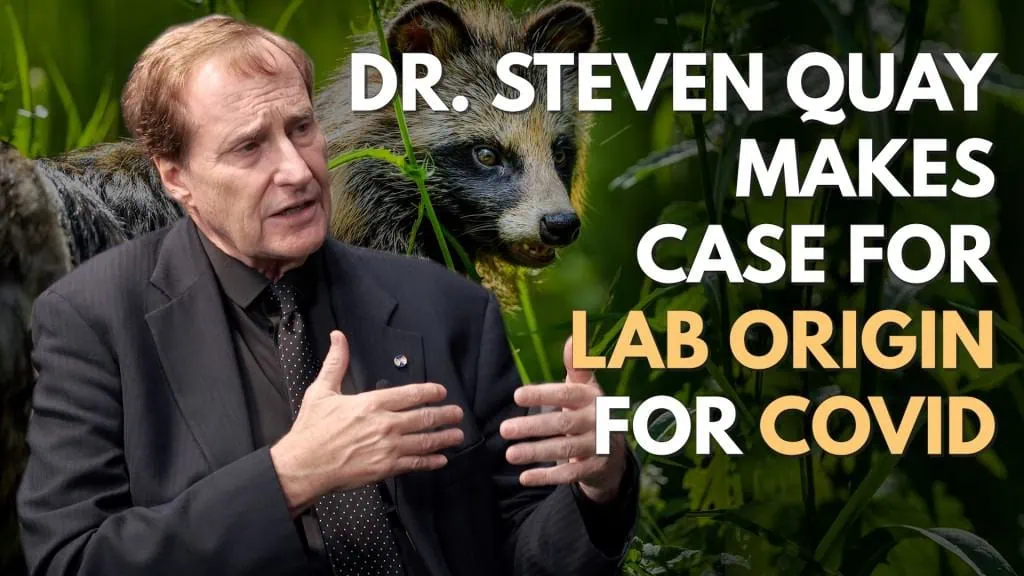“You’ll definitely have a cough if you have CV”
FALSE AND TRUE:
FALSE: Fact one, one in five people infected with SARS-CoV-2 never have symptoms.
TRUE: Fact two, a simple test I explained on a March 18 blog The Eleven Second Home COVID-19 Test has a >85% sensitivity. That is, if you test 85 people who are proven to have the virus by a lab test, one week earlier they would be picked up by this test.
It can look one week into the future!

“Things will go back to normal by April 21st, Easter”
FALSE. Using the DTFG tool I developed and explained in a March 21 blog (Predicting the COVID-19 Future) the United States will have approximately 1.7 million cases by mid-May. At that point the growth of new cases will be at a still significant but steady, daily increase.
“If you can hold your breath for 10 seconds, you don’t have CV”
PARTIALLY TRUE. See this blog to learn the full truth: The Eleven Second Home COVID-19 Test.
“You can’t get coronavirus in hot climates, cold weather, or snow kills coronavirus, hot baths kill coronavirus in your body”
FALSE, FALSE. Every region, from equatorial Africa to Artic Scandinavia, has COVID-19, laboratories store viruses in the cold to preserve them, and if baths could kill germs, antibiotics would have never been the miracle drugs of the 20th century that they were.
“You can get coronavirus from a mosquito bite”
FALSE. Malaria and many other diseases are contracted by a mosquito bite but not SARS-CoV-2. Someday, unfortunately when a large percentage of the world’s population has the virus, there will be a small future risk that a mosquito can travel from an infected to a non-infected patient and cause the disease.
“You can’t transmit coronavirus if you have no symptoms”
FALSE, DANGEROUSLY SO. As I write this Q&A on April 4th, there are 1.2 million COVID=19 patients in the world. That means there are 240,000 patients with the virus who have absolutely NO symptoms.
The first example from the medical literature I read that taught the consequences of this false statement was about a 36-year old man who in December 2019 had visited Wuhan, China, where the pandemic began. He returned home two days later, and never had any symptoms at any time…ever. His wife became ill two days after his return home and one week later she was hospitalized in the intensive care unit with a machine helping her to breathe. The medical article ended without saying whether she lived or died.
“Coronavirus is only infecting and killing elderly people with underlying conditions”
FALSE (Infection) AND TRUE (Mortality). On March 5th, a medical paper was published (1) about children with COVID-19. In the small study of 20 cases, the children were between six months and six years of age. There were more boys than girls (just like in adults), 65% had a cough and/or fever when first seen by the doctor, and 65% had a “certain” history of contact with an infected person. All twenty survived and at the time of this writing I am unaware of a child under age 10 years who has died.
While most deaths are in the elderly (the death rate above 70 years of age is 12-24%), the death rate for men and women age 50-59 year is about 1.3%. (2)
No one in their 50s thinks they are elderly!
“Children can’t get the coronavirus”
FALSE. See previous answer.
“Pneumonia vaccines are effective in preventing CV”
FALSE. Neither the influenza nor pneumonia vaccines provide any protection.
In 2003 an “ancestor” of this 2019 virus infected about 8,000 patients worldwide (2003 Coronavirus Epidemic). A group of Beijing medical scientists performed a thoughtful experiment and examined the blood of survivors of the 2003 epidemic to see if the antibodies they had developed 17 years earlier would recognize this new virus, a “great-grand child” of the 2003 virus. (3)
Unfortunately there was limited cross-reactivity, providing no new knowledge towards the quest for a vaccine.
1 Pediatr Pulmonol. 2020 Mar 5. doi: 10.1002/ppul.24718.
2 Lancet Infect Dis 2020 Published Online March 30, 2020 https://doi.org/10.1016/ S1473-3099(20)30243-7
3 Nat Commun. 2020 Mar 27;11(1):1620. doi: 10.1038/s41467-020-15562-9


